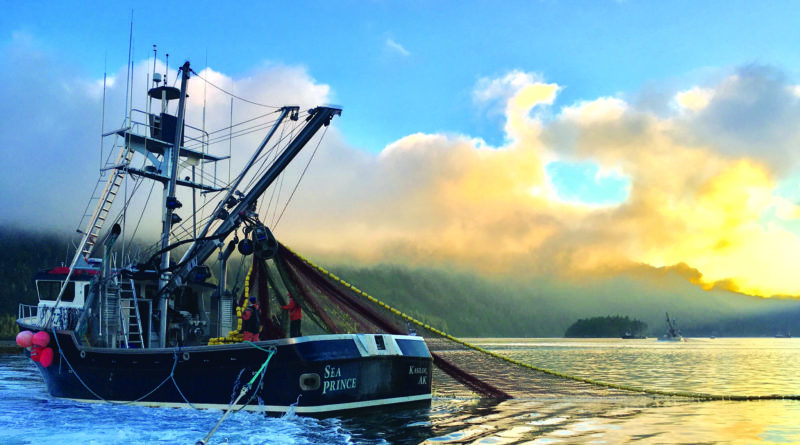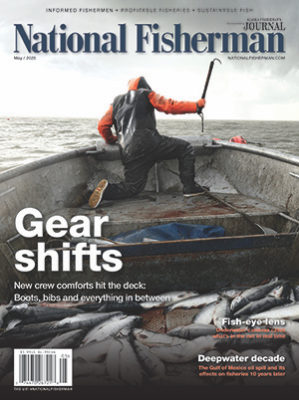When I sat down to write this letter last month, we were starting to see the effects of coronavirus on fisheries with primary markets in China, other parts of Asia and in Europe. But it was not yet on our shores, shutting down domestic businesses, gatherings, events, meetings, government offices and distribution chains.
Just a few weeks ago, I had events scheduled for every weekend in March. I made it to the first one, and the rest fell like dominoes. I’m writing this on lockdown at home, where social media has become an even more key lifeline to this industry.
But the most important lesson I am taking from this is just how critical our local communities are to our security and safety. The global marketplace is a boundless wonderland. But as thrilling as it is, it cannot sustain us through deeply troubled times.
Diversification of markets should include expanding local distribution points, as well as global ones. And if we, as consumers, want access to our local resources in times of crisis, then we have to keep buying them even when the world opens up to us again.
What I’m hearing is that the buyers are shutting down. Ships aren’t sailing. Planes aren’t flying. Cold storage is filling up. And of course we have to consider some large-scale fisheries stateside that send raw product overseas for processing before re-entry to our own markets and those across the globe.
I’m seeing a lot of comments that we never should have sent product overseas. We should have kept those jobs here. It’s easy to say when it’s not your success or failure on the precipice. Blaming companies for making the best business decision at the time, for trying to tighten their margins in a global market where wild product actively competes with cheap farmed imports doesn’t move the dial.
We can Monday-morning quarterback, or we can acknowledge the truth: Overseas processing has kept some fisheries afloat and even advanced their market share.
It might feel good to say I Told You So, but it doesn’t DO any good. What we have to do now is get creative again. And if ever there was an industry that can manage that, it’s commercial fishing.
You are a resilient bunch. And the more twists and turns you manage to negotiate, the stronger and more strategic you get. We’re going to see some doom and gloom stories, but we’re used to that, right? We know how to find the light and swim toward it.








